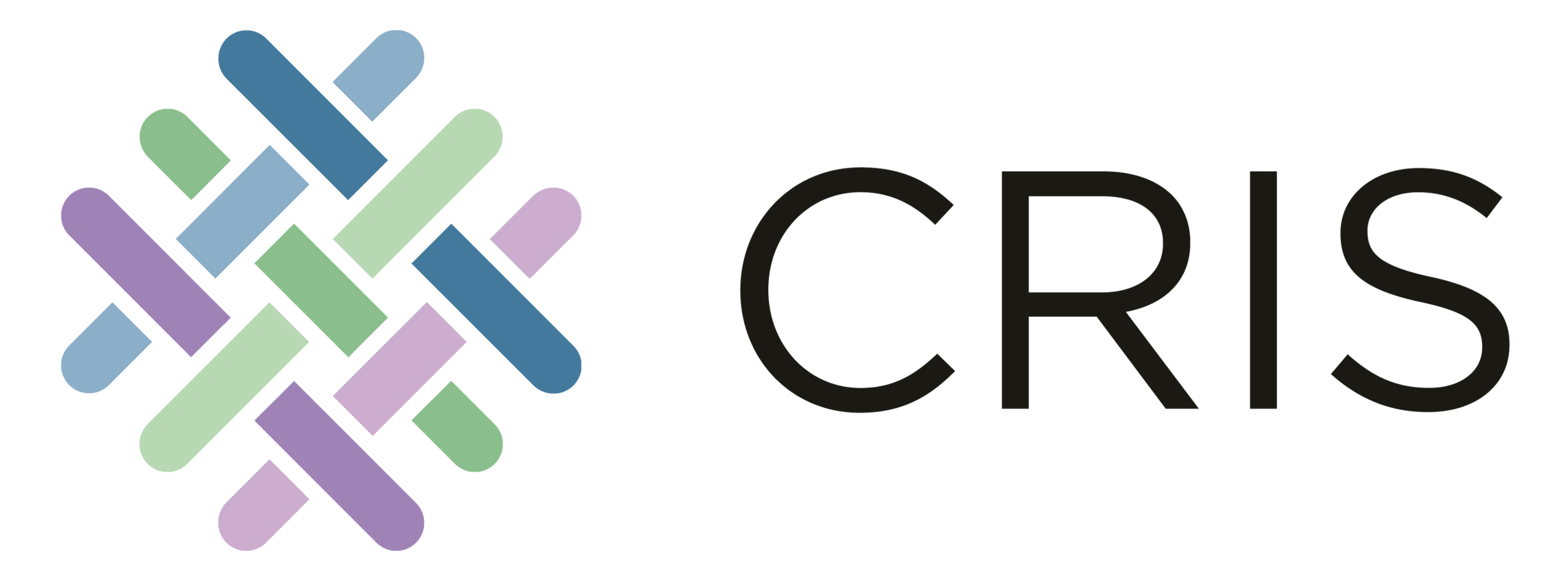Guest speakers
Dr Tristan Kennedy, Lecturer, Department of Indigenous Studies, Macquarie University
Associate Professor Alana Lentin, Western Sydney University
Daizy Maan, Entrepreneurship Program Manager, Deakin University – SPARK Deakin
Leah Jing Mcintosh, Editor of Liminal Mag and PhD Candidate, University of Melbourne
Register here
This seminar will bring together scholars, educators, journalists, and activists from grassroots organisations to discuss the emergence of youth-led digital, local and global anti-racist struggles and movements. Young people use new media in disruptive, innovative and spontaneous ways and as such are commonly perceived as ‘digital natives’. The efforts of Greta Thunberg and the global BLM movement, spearheaded in Australia in large part by young people, has led to the assumption that all young people are avid social media users who engage in political discussion, debate and anti-racist movements online with ease. However, research shows that data literacy and digital participation is not a universally even experience. Factors like gender, class and race critically shape online engagement. As just one example, the experience of Yasmin Abdel-Magied who was vehemently harassed for thoughts she expressed online demonstrates how race, gender and youth are mobilised to exclude, intimidate, and undermine anti-racist, decolonial discussions online.
This seminar will ask, how do these broader structural factors shape young people’s involvement in digital media and anti-racist movements? How has COVID-19 opened new challenges and possibilities for the emergence of local and transnational antiracist movements?
The seminar will also address more broadly how race affects our general understanding of the kinds of vulnerabilities facing young people, especially children, who experience hate speech, bullying and predators online. How do those experiences affect the capacity of young people to participate in and build anti-racist online collectives? Finally, how can discussions of young people, race and social media move beyond simple binaries of empowerment and agency on the one hand and exclusion, cybersafety and dangers on the other?
